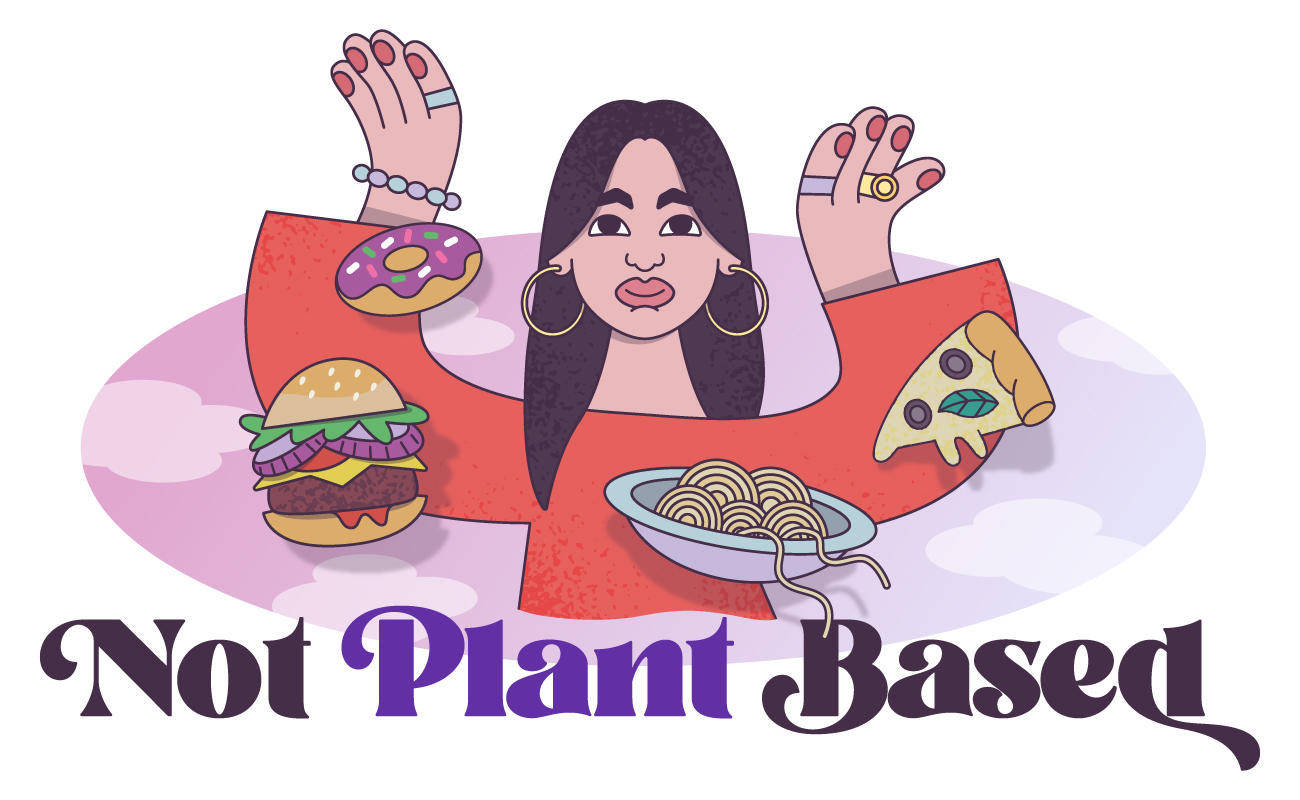
To reinforce a stereotype, my parents are both Irish and our fridge is never without leftover potatoes. Although I unfortunately did not inherit their melodic accents – I’m stuck with a Brummy one – I did adopt a similar love for the starchy stuff, especially when sprinkled with helpings of salt and butter. Mashed, boiled, fried or folded into a floury batter to make potato farls (funny shaped potato bread – a circle cut into four parts), I’m the first to admit that I’ve been conditioned to believe my dinner has something missing should we be without salt, and rightly so, I would argue.
I first became aware that salt might not be so great for me when my favourite cereals starting boasting in their advertisement campaigns in the 90s about how little of it they contained. Why is Tony the tiger telling me this now? Why is he trying to sap all the joy from my breakfast experience? Why are you ruining my life, Tony?
Living since with a looming fear of what salt might be doing to my body, I thought it were about time I consult some expert, dietitic help to find out the science behind the claims, and who better to ask than our somewhat resident dietitian who specialises in eating disorders, Ursula Philpot. If common sense had taught me anything, it’s to never solely go by the advice of an animated animal.
(Had to include my favourite salt-related tweet.)
The city is currently looking into how we can extract the salt from my haters & apply it to roads this winter. Will keep you guys posted.
— Norm Kelly (@norm) November 23, 2016
(…now let’s continue.)
Do we even need salt in our diet?
“We have to intake a level of salt on a regular basis. Mainly because our bodies need sodium”, Ursula says, but in the UK, we don’t have a problem with not getting enough, we tend to have a problem with having too much. If you think about our diet, the main sources of salt that we have are from staples like bread, cereals and tinned foods, which can be deceptive and difficult to assess how much we are eating.
Salt is more important for those living in hotter countries where we sweat more.
What happens when you eat too much?
To my surprise, Ursula replies “not a lot, for most people”. She says that you might get very thirsty but your body is pretty good at regulating itself. However, as we get older or if we have genetic conditions where we are more predisposed to high blood pressure and cardio vascular disease, then a higher salt diet can contribute to that.
For most younger people, a high in salt diet won’t make much of a difference.
How much salt should we be eating?
Around 6g a day, according to Ursula. This sounds like quite a lot, but it isn’t, actually. “It’s pretty difficult to get to the recommended amount”, she admits, unless you do things like make your own bread, which in the modern world, isn’t the most practical solution.
For most people who don’t need to worry about having too much salt in their diets, Ursula recommends focusing on a Mediterranean diet. “Research tells us that this diet which is high in fruits and vegetables, has fresh meat, fresh fish, lots of pulses and tends to have a lot less processed food in it, is probably the one that’s most protective in terms of things like blood pressure and heart disease.”
Making our food as fresh as possible when we can is “probably the best we’re going to get”. She adds: “Even as a dietitian I find it difficult to stay within my salt recommendations for the day!”
Ursula tells me that over time salt levels in shop-bought foods have actually gone down, thanks to the UK Government, and should continue to do so.
Should we be adding extra salt to food?
“We should try not to add too much, but in all honesty, adding a pinch of salt to your chips isn’t the biggest amount of salt you’re going to get in a day. You’re actually going to get a much bigger hit from eating four slices of bread a day”, Ursula says, and I breath a sigh of relief.
Adding, “I wouldn’t be too paranoid, especially if it’s an occasional food.
“What I would avoid doing would be adding loads of salt to regular food, so to boiled potatoes, or pasta, or those kind of things that we cook. But even so, the amount that actually gets absorbed in those situations is fairly little compared to the amount that comes in cans or packets.”
How can we tell if there is too much salt in our food?
Ursula says by simply asking yourself “does it taste salty?” That’s as good an indicator as any. If it does, try to eat smaller amounts of these foods.
Another unorthodox tip from Ursula for reducing your salt intake is to buy own-brand Supermarket options, as the so-called “better” options tend to have more salt “to make them taste better”. “The cheaper one’s aren’t always the worst”, she says.
How about fancy salt?
When I say fancy salt, I mean pink salt, Himalayan salt, rock salt and all the other expensive salts you tend to find in “healthy” alternate recipes. I ask Ursula of her opinion on these. Are they any better for us than regular table salt?
“Salt is salt is salt is salt”, she says. The chemical constituent of salt doesn’t change just because it has an attractive label on the front.
“The only difference is something called lo-salt, which has a lot more potassium in than sodium.” Ursula suggests that rather than using artificial salt if you’re worried about your sodium intake, it might be a better option just to try and use less over time.



